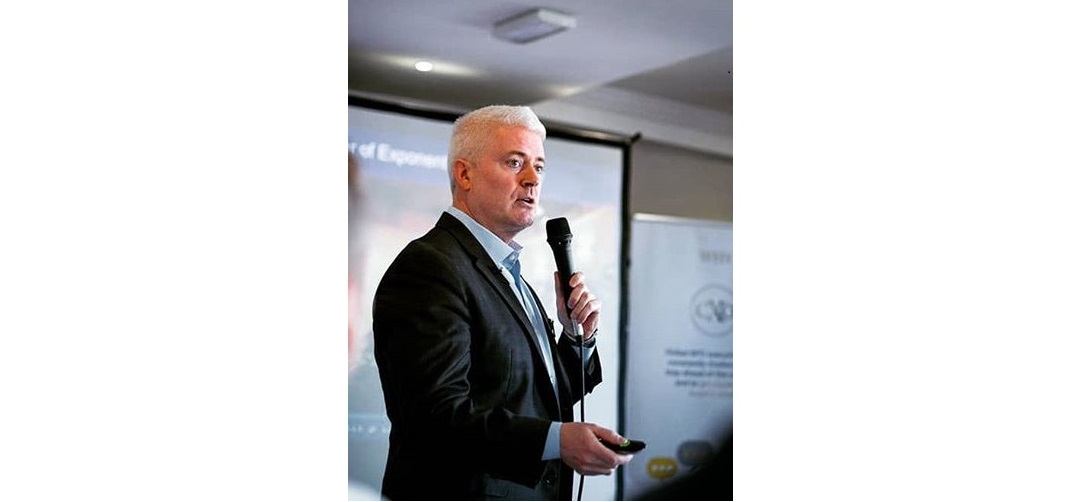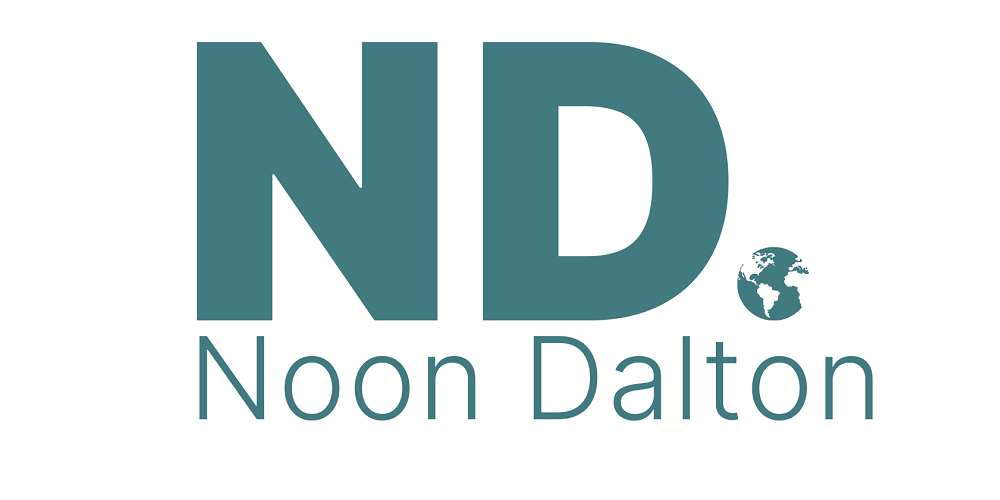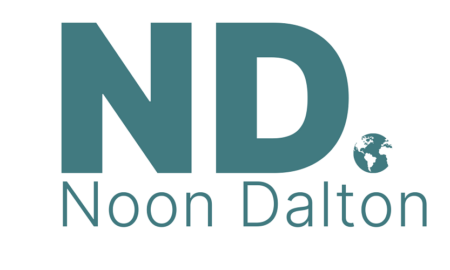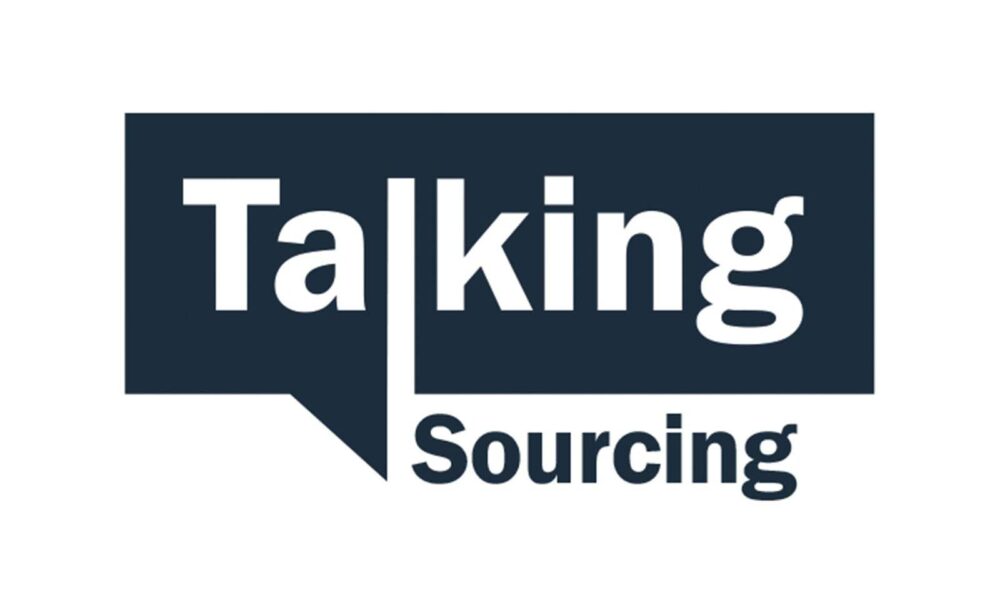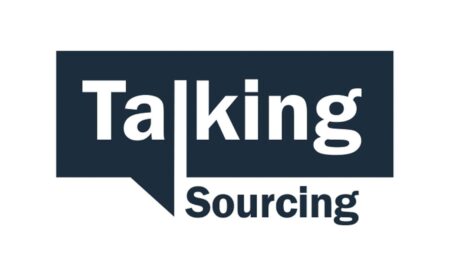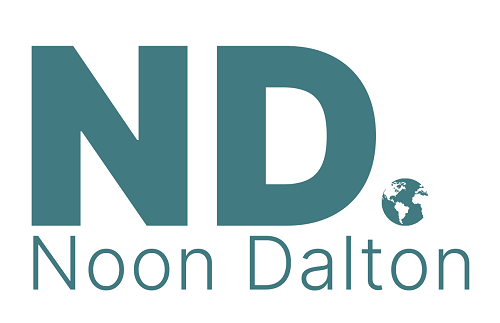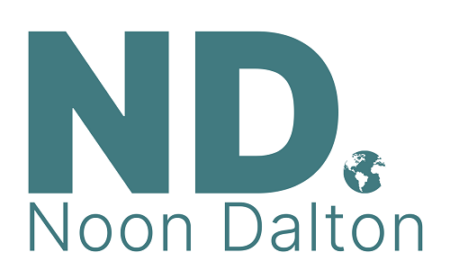Last week, a story on outsourcing caught my attention.
The Tennessee Valley Authority (TVA) – the largest United States government-owned power provider, generating electricity for 10 million Americans across seven states and operating the most advanced public fiber internet service in the country – signed a $15 million contract to outsource 20% of its technology workforce to Capgemini, CGI, and Accenture.
For the TVA, revamping its internal systems signals a turn toward modern management practices and a transition to a new global operating model. The outsourcing providers are based in France, Canada, and Ireland respectively. As The Intercept puts it:
At least 120 workers have already learned they will be losing their jobs later this summer, and the TVA has informed the engineers’ union that another 100 jobs are likely on the chopping block. Affected workers were told in late April to prepare to train their own replacements….
The potential outsourcing of federal jobs flies in the face of the ‘America First’ rhetoric that underpins Trump’s presidency and reelection campaign.
Jacobin Magazine also covered the news, adding that the TVA is, “…facing a crisis — one that threatens to unravel the TVA’s mission entirely. And despite the popularity of the Green New Deal, the unionized workers at the TVA haven’t heard a thing from progressive activists.”
For its part, the TVA insists the goal of the contract is greater innovation and expertise as well as access to tools and a breadth of experience that outsourcing vendors offer. Moreover, according to a TVA spokesperson, cost was not a primary reason for the decision to outsource; the move is not about saving money, but a means to “leverage the market.” The spokesperson added that the agency would require outsourced work be done in the United States, while all data would be stored on U.S.-based servers. The TVA also defended its decision by pointing to the fact that other federal agencies, including the Department of Justice and the Department of Homeland Security, also contract with the likes of Capgemini, CGI, and Accenture.
The union that represents the TVA workers, the International Federation of Professional and Technical Engineers (IFPTE), countered with two precedents they suggest bolster their skepticism. Back in 2015, after the Disney Company laid off 250 IT workers in Orlando, foreign guest workers on H-1B visas and employed by global outsourcing firms took the jobs. The IFPTE also pointed out that back in 2017, when Pacific Gas and Electric laid-off hundreds of workers in California, over seventy positions ended up being outsourced to India.
In effect, the TVA workers insist there is no need to outsource – they are capable of doing the software work themselves. And so in a letter to Senator John Barrasso (R-Wyoming) and Senator Tom Carper (D-Delaware), the union demanded that language be added to the next Covid-19 relief bill preventing the TVA from outsourcing the jobs. Senator Doug Jones (D-Alabama) has offered the union his support.
Meanwhile, as anti-outsourcing voices grow louder in the United States, workers are organizing in concrete ways. Recently, an Amazon employee in New York City by the name of Chris Smalls was fired after raising concerns about the dangers of Covid-19 in Amazon warehouses. On May 1 (May Day), workers from Amazon, Target, FedEx, Instacart, and Whole Foods went on strike to protest working conditions. And in the wake of the firing of Smalls, a senior engineer and vice president at Amazon by the name of Tim Bray, suddenly quit because Amazon was “firing whistleblowers who were making noise about warehouse employees frightened of Covid-19.” In his resignation letter, Bray insisted that, “firing whistleblowers isn’t just a side-effect of macroeconomic forces, nor is it intrinsic to the function of free markets. It’s evidence of a vein of toxicity running through the company culture. I choose neither to serve nor drink that poison.”
Finally, other voices may suggest a reinvigoration of American labor. Commentator and comedian Jimmy Dore recently covered what he called a new rise in unionism last week on his Youtube channel. And in a tweet this past weekend, investment strategist Ben Hunt seemed to suggest a gathering storm when he noted that, “Trickle-down bailouts. Trickle-up unemployment. Our gov’t response to CV-19 has widened wealth and class inequalities from robber baron levels to Louis XVI levels.”
Strong words. If you think independent voices expressing themselves through online media channels aren’t influencing the conversation, you’re not paying attention.
Possible Repercussions for the Political Economy
The TVA letter sent to two U.S. Senators from both political parties has some wondering – might a growing populist fervor in the United States help forge a left-right labor coalition?
Writer Matt Stoller thinks just such a scenario possible. “The gist of such a coalition,” he says, “would be oriented around disempowering middlemen to make sure that people who work for a living get to control the way that work is done.”
In Stoller’s view, the power of Wall Street, of private equity, of the McKinseys of the world, would need to be curtailed. Private equity owned firms would need to change their charters, removing control by financiers over businesses:
The goal of a coalition would be to make sure that ownership means both control and responsibility, not control without responsibility. There are a host of policies to push, like more assertive antitrust policy and merger controls, changes in bankruptcy laws, shifts in banking laws, government procurement, and lending….
The left will have to rethink what it understands as labor. Labor is not just a group of industrial or service oriented union members, it’s farmers, artists, workers, engineers, business people, and small business people too….
Nobody can know for sure, but watching the TVA push back against outsourcing while a new kind of labor movement reaches for relevance, it strikes me that the Covid-19 crisis has the potential to rejig the American economic model in fundamental ways. Broadly speaking, such a change would mean the de-regulatory and individualistic fervor of the Jeffersonian orthodoxy to which Americans have grown so accustomed, ultimately gives way to a sort of revived Hamiltonianism, where a more aggressive regulator in the form of the federal government shepherds the economy rather than yields to it.
In a 2012 piece from The Boston Review – written in the wake of the Great Recession – writer and academic Michael Lind suggested just such a shift was much closer than many Americans imagined:
Unfortunately it has always taken a profound crisis like the Civil War or the Great Depression and World War II to bring a neo-Jeffersonian era to an end and to empower a new generation of leaders willing—or forced—to use federal power in a sweeping manner to renovate America’s institutions and economy.
Like many others, I expected the Great Recession to discredit the previous generation’s policymakers and theorists to a greater extent than it has….
But I wouldn’t count out more radical responses to the Great Recession in the years ahead…. If the Great Recession turns into a lost decade or even a lost generation, support for alternatives to the present system will grow and influence politicians, against their own inclinations in many cases. It is worth recalling that both Lincoln and Franklin Roosevelt, who were both chosen because they were viewed as moderate compromise candidates, were radicalized by the pressure of events….
In 2020, with the outbreak of Covid-19, Lind’s eyebrow-raising words take on new immediacy:
The gains from state-sponsored industrial growth need to be equitably shared, preferably by what Jacob Hacker calls ‘predistribution’ in the form of higher wages and not redistribution alone….
The progressive wing of the Democratic party has already embraced most of the elements of what I describe as a new American system, on the model of Henry Clay’s: public investment banks, national infrastructure policy, and support for American manufacturing, as well as public R&D. The opposition comes from Republicans and Wall Street Democrats, who want all of these public functions to be privatized and carried out by for-profit corporations benefiting from taxpayer subsidies in the form of ‘incentives’ such as tax credits. Left-Hamiltonianism is not against public-private collaboration, but it does not support the crony capitalism and asset-stripping agenda of the bipartisan American rentier oligarchy. What Michael Hudson calls the privatized ‘tollbooth economy’ is not Hamiltonianism, nor is it Jeffersonianism; it is neo-feudalism.
If a new kind of Hamiltonianism does emerge in the United States, with all the sympathies for organized labor that might suggest, how might such a development influence the model of global business services?
A piece in BusinessWorld may offer a clue. Kristine A. Romano, a managing partner at McKinsey & Company in the Philippines, says that not only do outsourcing contracts in the Philippines currently risk being shifted to other countries, but some outsourcing clients may actually decide to re-shore services jobs altogether: “There will be a push from various governments to onshore jobs. For now, we’re seeing it’s mostly manufacturing jobs that are being incentivized to be onshored, but if the crisis deepens or worsens, that might lead to even services being onshored.”
Accelerating into History
It’s difficult to discern exactly how the realm of global business services and the offshore outsourcing model specifically – already moving toward a place of greater automation – will be impacted going forward. But some sort of shake-out seems inevitable.
In a recent interview on Japanese television, Israeli Historian Yuval Noah Harari articulated his conviction that civilization is at nothing less than a turning-point. According to Harari, over the next two to three months, we will be conducting enormous social and political experiments that “will completely change the world.”
We are “entering a time,” he says, “when history is accelerating.”
Harari sees two possibilities that speak to the central question of this blog – a further weakening in organized labor, with more people forced to work in the Gig economy, without protections and without unions. “Or,” he says, “it could go the other way.” For some governments, this could be an opportunity to “completely reshape the economic system and the job market in a better way.”
Every country will be making consequential political choices. For Harari, the deeper question is, how empowered will citizens become?
In the same interview on Japanese TV, American political scientist and risk consultant Ian Bremmer agrees that the global order will change as a consequence of the current moment. Similarly, French Economist Jacques Attali says that we are faced with the worst crisis since 1929, a situation that is much more serious than 2008, and that we must now seek to completely reorient the economy.
Last week, journalist Ed Luce put it this way in The Financial Times: “We need a new social compact and a new global deal.” And left-leaning economist James K. Galbraith offers an outlook specific to the United States that seems as dramatic as Harari’s:
In short, the only way out, remotely acceptable to the population at large, will require a comprehensive restructuring of the economy on a cooperative foundation, with the government stepping up to guaranteed funding, employment, and public investments….
The contradiction between normality and public health is on people’s minds; the impossibility of returning to the previous abnormal-normal has not yet settled in. It will, in due course. At that point, the question of alternatives will have to be faced.
Of course there’s no way of knowing if policy makers will be radicalized into action by the pressure of events. The institutional power of the political and media establishment and the entrenched influence of the financial sector are very real. The bailout in the form of the 2020 Cares Act seems to tilt heavily in favor of capital; and investment management firm Blackrock is poised to start buying billions of dollars in corporate bonds for the Federal Reserve, bringing speed and expertise to a process the central bank doesn’t seem to believe it can provide on its own. It’s more evidence of how deeply entrenched the outsourcing model seems to be in today’s economy. One might wonder – when it comes to global business services, what would unscrambling the omelet of global sourcing even look like?
While Michael Lind is correct to point out that in the past, profound crises in the United States such as the American Civil War and the Great Depression brought economic Jeffersonianism to an end, it remains an open question whether the Covid-19 crisis will trigger a similar overhaul in tomorrow’s America.
Will there be a paradigm shift in the American economy and way of life, a redesign in the tradition of Alexander Hamilton?
Or will all the breathless talk of change end up being “Fake News”?
It could be one of the central questions of our time.

